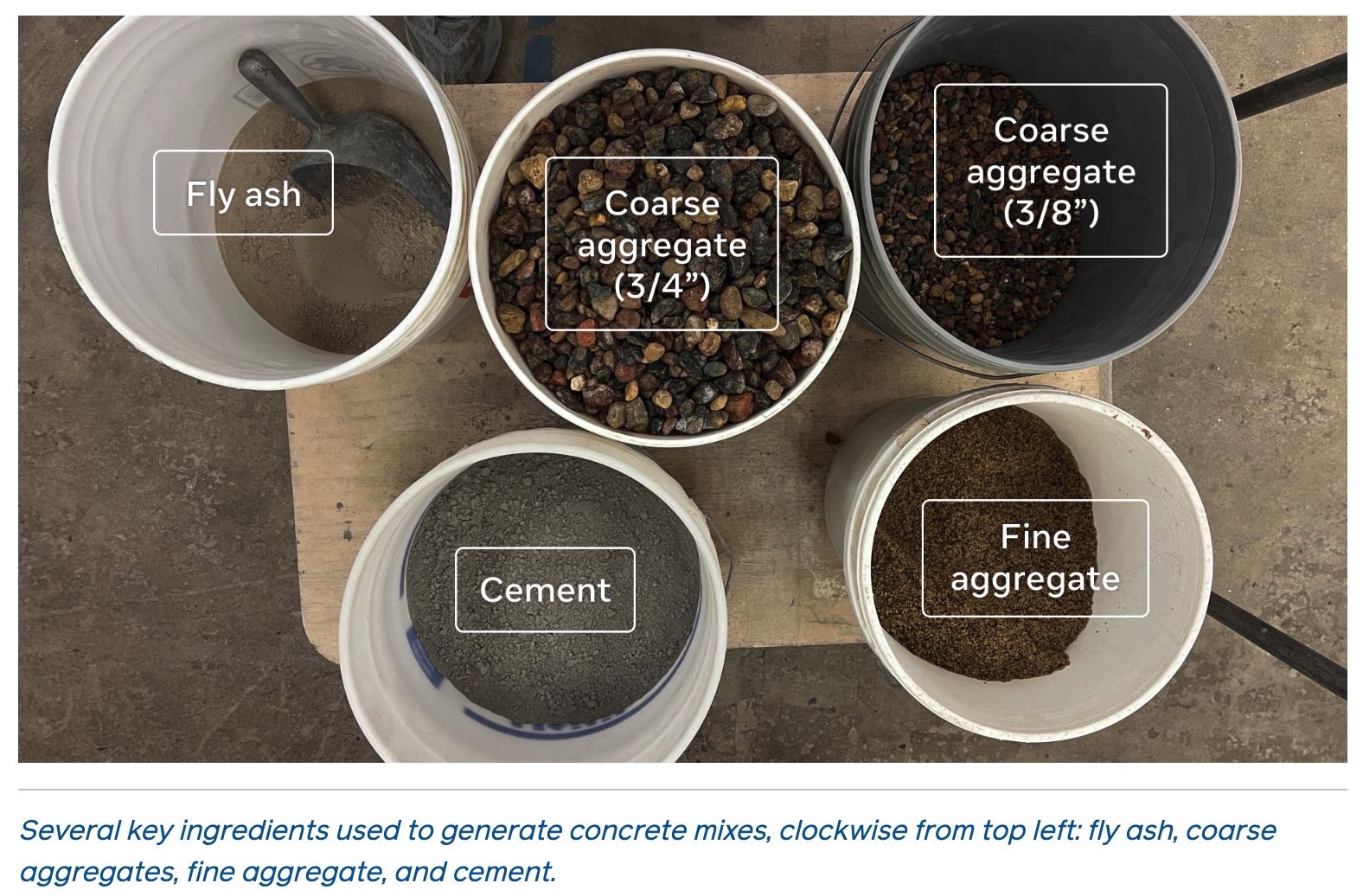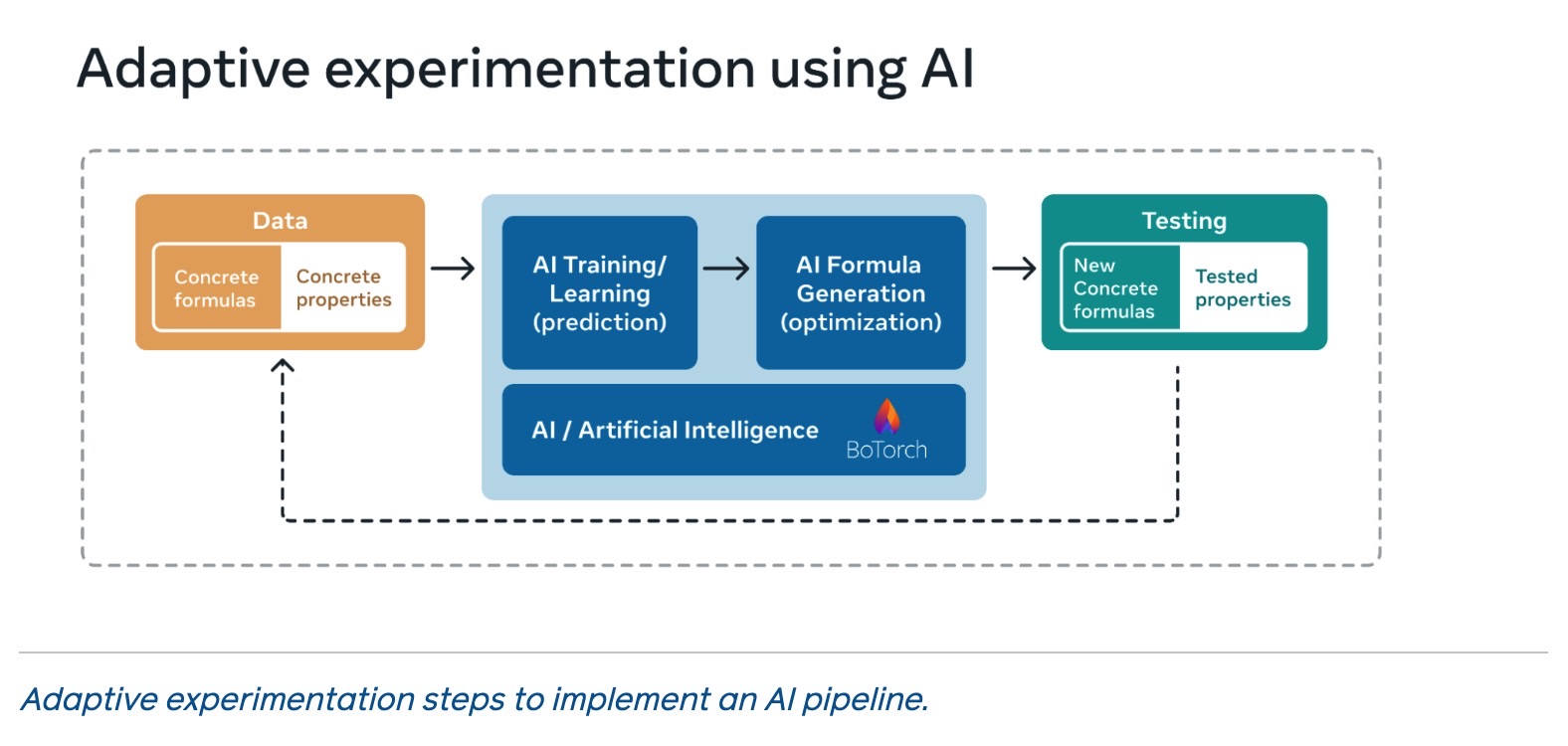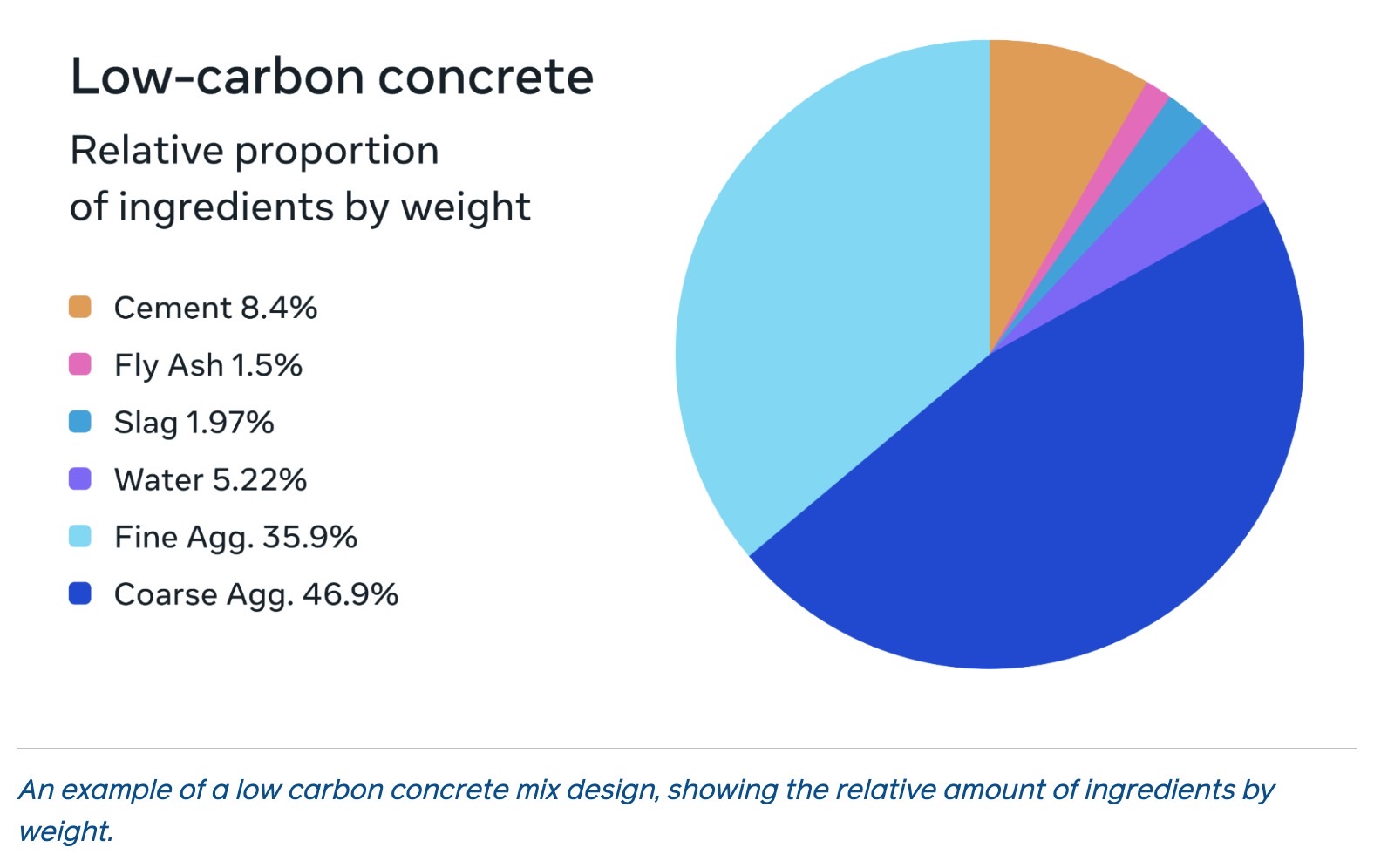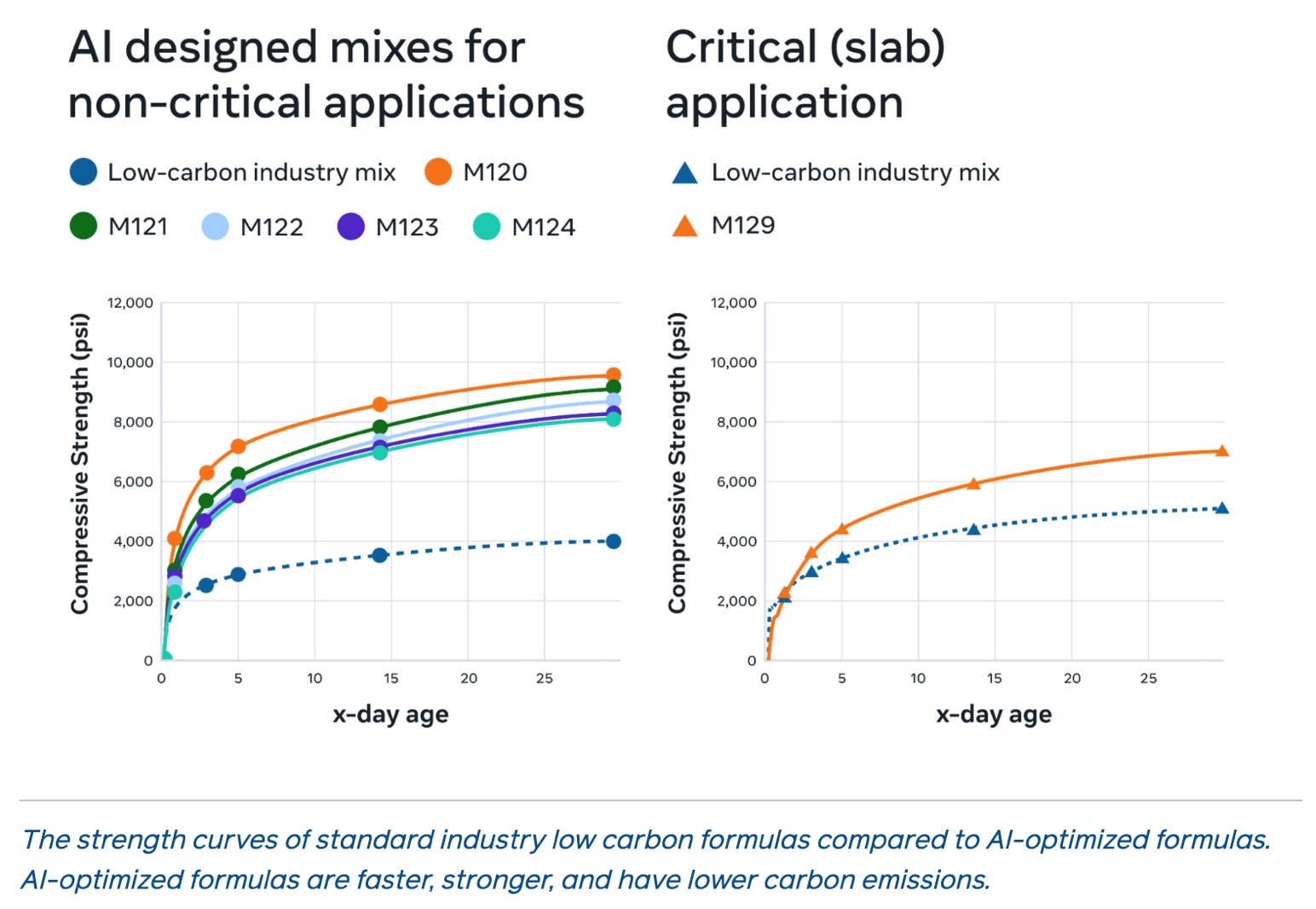Using AI as a companion to browse the web or generate lifelike images and videos are a few of the features some people are starting to take for granted. Lately, I almost always search the web with AI chatbots like ChatGPT or Gemini in tow. I even use AI chatbots for information when watching certain shows or visiting museums.
But AI can do so much more than providing relatively reliable assistance (remember, AI can make mistakes); it can actually help make breakthrough discoveries.
We have seen plenty of examples over the past few months. Some researchers used AI to find a potential cure for blindness. Others used AI to develop rare-earth-free magnets that might be used in electric cars in the future.
The latest innovation in which AI played a major role concerns concrete. An AI model helped researchers create recipes for lower-carbon, faster-curing concrete, and they’ve actually started using it in a real-life project.
The best part is that the breakthrough doesn’t come from a construction company or a university studying, though such groups were also involved. It’s Meta, the giant social media company which is speeding towards AI superintelligence and throwing mountains of cash at AI researchers, that made the faster-curing, more eco-friendly concrete.

I wouldn’t blame you for not trusting Meta AI. The years of Facebook toxicity can’t be forgotten despite the name change. Trusting Meta with personal data in the age of AI is something I’m not ready for, and we’ve seen several examples of Meta AI mishaps already.
But Meta is marching forward with its AI plans, and that involves building massive data centers for Meta AI. It also means worrying about energy use and the carbon footprint associated with Meta AI and its social media apps. Taking Meta’s net-zero emissions for 2030 into account, along with the fact that concrete is responsible for about 8% of global CO2 emissions, and the idea of a software company working on lower-carbon, faster-curing concrete doesn’t sound quite as odd.
If anything, using AI to make faster-curing concrete that’s more friendly to the environment than traditional methods might be the best marketing tool for promoting Meta AI. And Meta isn’t keeping the AI tech to make lower-carbon, faster-curing concrete a secret. Anyone can use it to come up with similar recipes for other types of construction work.

Meta developed an open-source AI tool that uses multi-objective Bayesian optimization algorithms running on Meta’s BoTorch and Ax frameworks to create concrete recipes. The AI is capable of creating a recipe for a concrete mix and predicting its strength.
Lab tests then follow to see whether the cement mix cures as predicted. The AI uses the data to refine its recipe for concrete that should perform even better. Rinse and repeat, and you can obtain a new type of concrete that uses more low-carbon supplementary cementitious materials (SCMs) without impacting its strength.

The use of AI speeds up the development process. Humans could always come up with similar recipes, but testing would take much longer. Meta worked with Amrize, one of the world’s largest cement manufacturers and concrete suppliers, on the project. Researchers from the University of Illinois Urbana-Champaign (U of I) were also involved.
Real-life applications

After coming up with a recipe for lower-carbon, faster-curing concrete that met its needs, Meta went on to use it for the concrete slab in one of the data center buildings at Meta’s Rosemount, MN, data center project.
“Formal tests show that the team exceeded all the technical requirements while achieving good workability and finish performance required for the application,” Meta writes in the blog post, which is easily one of the most exciting things Meta has ever shared on its blog. The post also contains links to the open-source AI model used for developing sustainable concrete and more support literature. Check out the video about the project below: